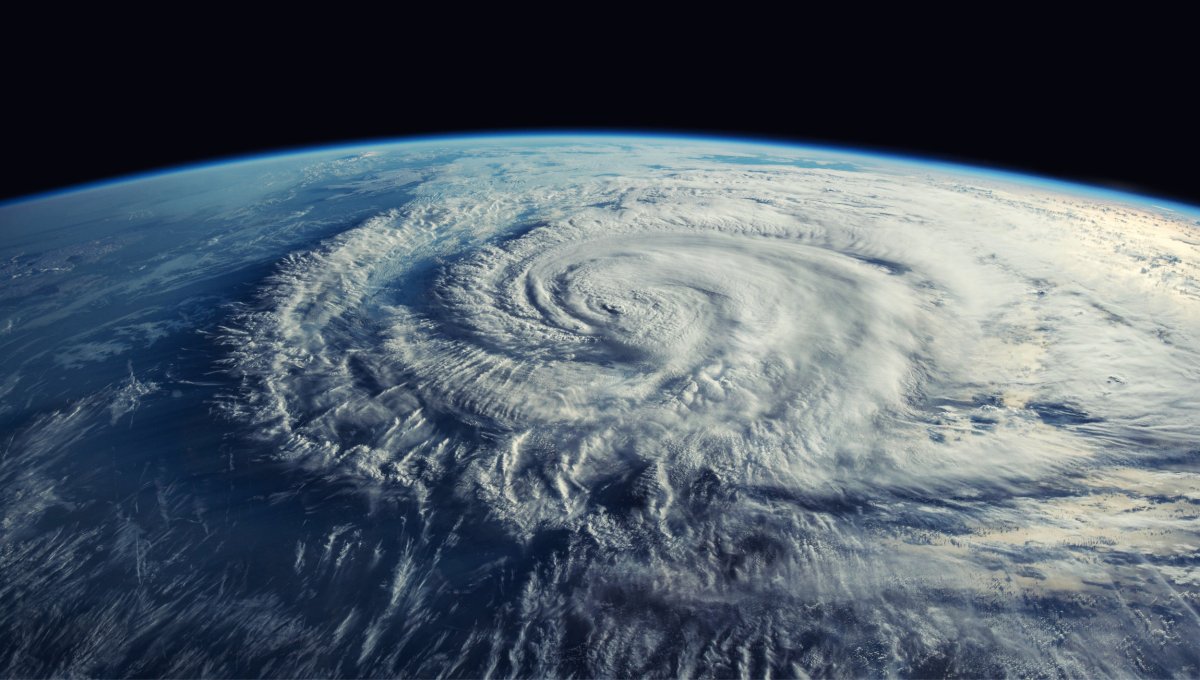This hurricane season will bring 15 to 20 named storms to the Atlantic, researchers have forecasted.
The predictions from researchers at North Carolina State University mark a notable increase in several averages, according to a university statement. The long-term average for named storms, which is calculated between 1951 and 2023, is 11, while the more recent average, which is calculated between 1994 and 2023, is 14. The research was led by Lian Xie, a professor of marine, earth and atmospheric sciences at NC State.
Three to four of the predicated hurricanes could become major events. Of the storms predicted, Xie believes 10 to 12 may become hurricanes.
Xie told Newsweek that this "is concerning."
"We do need to find out whether this increasing trend is long term and irreversible, and the causes behind the trend," Xie said. "It is particularly important to know whether human activities have contributed to or will contribute to such increasing trends. We are less concerned about the natural cycles."

The hurricane season across the Atlantic is usually from June 1 through November 30. The basin includes the entire Atlantic Ocean as well as the Gulf of Mexico and the Caribbean Sea.
Read more: Emergency Funds: How to Build One and Where to Keep It
Scientists already know that extreme weather events such as hurricanes are increasing all over the world. Climate change is largely to blame for this.
In 2023, there were 20 storms in the Atlantic basin, seven of which turned into hurricanes.
"The North Atlantic is still in an active period of multi-decadal variations of tropical cyclone activities which started in the mid-1990s. Secondly, on top of the multi-decadal variations, there appears to be a somewhat smaller, but increasing trend in recent decades," Xie said. "[Whether] this trend continues remains to be seen, as longer and reliable data sets are needed to validate long-term trends. As an example, last year, most pre-season hurricane forecast teams had predicted a below or near normal activity for the Atlantic citing the development of an El Niño event, but the Atlantic hurricane activity turned out to be above normal."
The weather events can have notable effects on local people. Previous studies have found that huge waves produced during hurricanes have been increasing.
The increase in wave height, paired with a high number of storms, can pose a serious threat to North America and the Caribbean. Large waves can present a threat to life, destroy buildings, and cause erosion. They can also contribute to severe flooding.
Xie assessed over 100 years of Atlantic Ocean hurricane data based on positions and intensity, as well as surrounding weather patterns and sea-surface temperatures, to reach his findings.
It is assumed that the Gulf of Mexico will see more active hurricanes this year. Of the 15 to 20 storms forecasted, Xie notes that five to seven named storms will form around here. Out of these, two to four could become hurricanes, with one or two becoming major.
Earlier this month, Colorado State University meteorologists also predicted an "extremely active" hurricane season this year.
These meteorologists forecasted 23 named storms, 11 hurricanes and five major hurricanes are set to occur this year.
Weather patterns as a whole are expected to become more unpredictable as climate change worsens. Many areas of the U.S. are seeing whiplash seasons, with extreme periods of drought being followed by extreme periods of rain.
Another study from earlier this year estimated that atmospheric rivers were set to increase across the U.S. as climate change continued to worsen.
Do you have a tip on a science story that Newsweek should be covering? Do you have a question about storms? Let us know via science@newsweek.com.
Uncommon Knowledge
Newsweek is committed to challenging conventional wisdom and finding connections in the search for common ground.
Newsweek is committed to challenging conventional wisdom and finding connections in the search for common ground.
About the writer
Robyn White is a Newsweek Nature Reporter based in London, UK. Her focus is reporting on wildlife, science and the ... Read more
To read how Newsweek uses AI as a newsroom tool, Click here.








